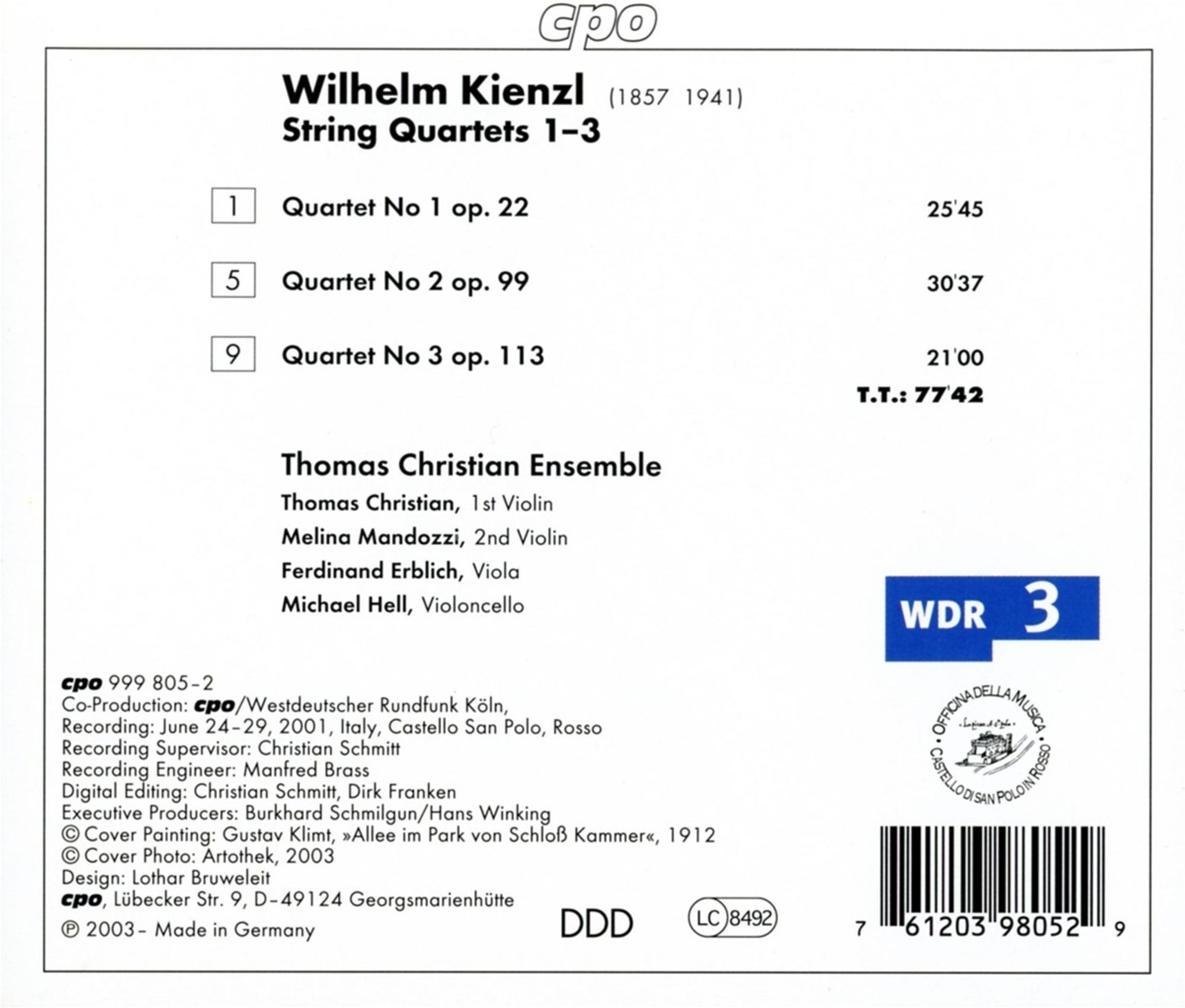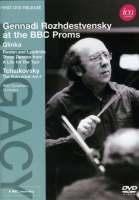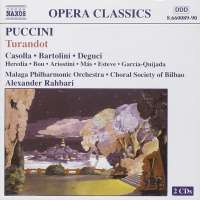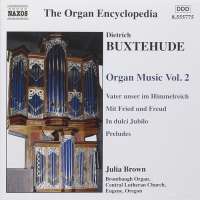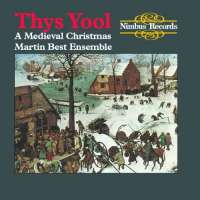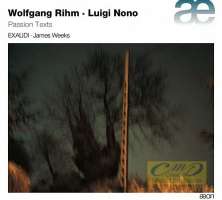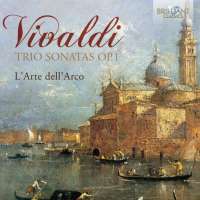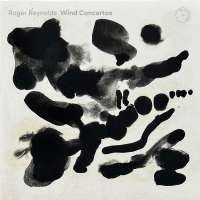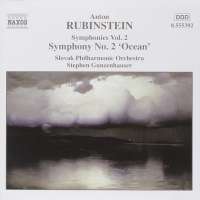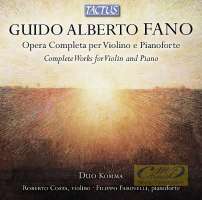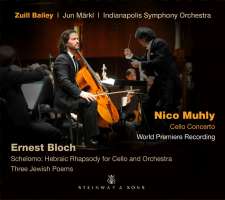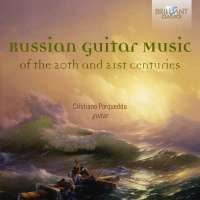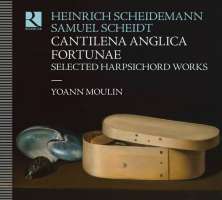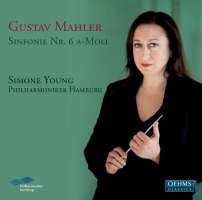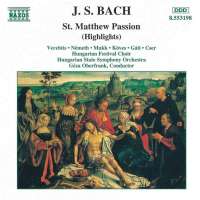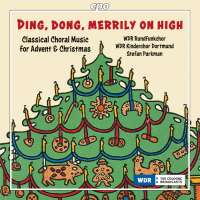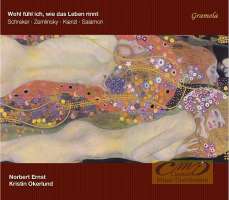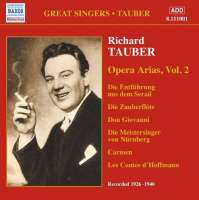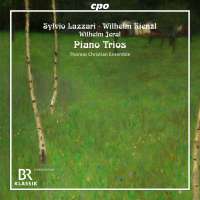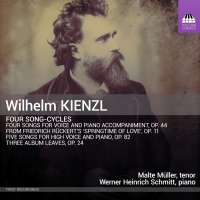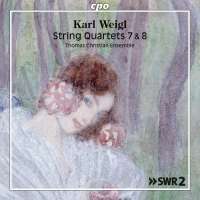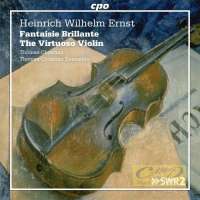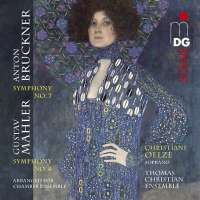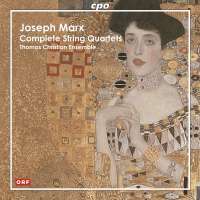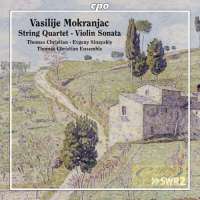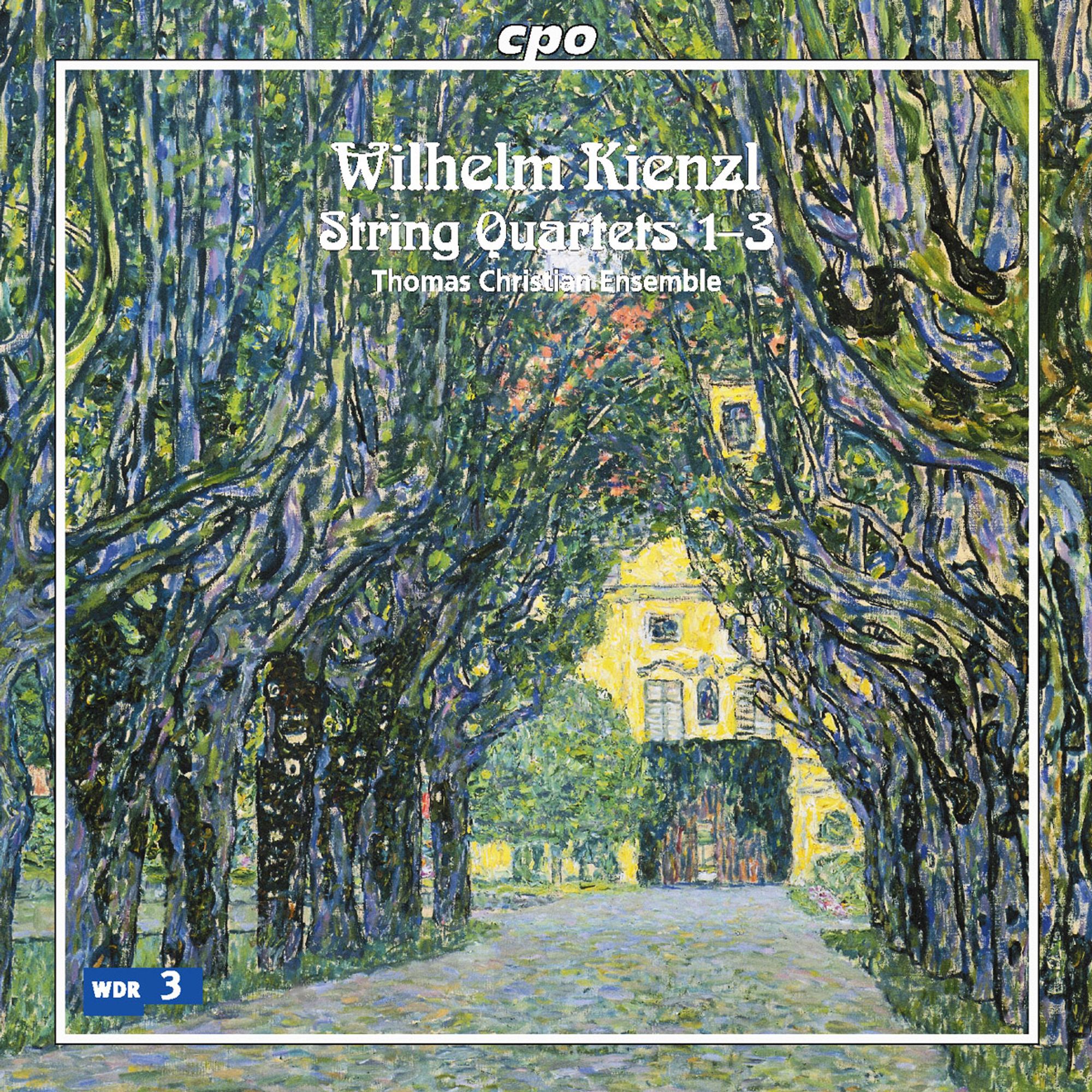
kompozytor
Kienzl, Wilhelm
tytuł
KIENZL: String Quartets 1 - 3
wykonawcy
Thomas Christian Ensemble
nr katalogowy
CPO 999805
opis
Wilhelm Kienzl is one such case that is well worth revisiting. Placed by fate exactly between the Brahms / Bruckner and Mahler / Strauss generations, it was not easy for him to find his stylistic place: no longer High Romantic, not yet Late Romantic. At the latest at the beginning of the 20th century, when the great upheavals took place, this was bound to lead to a dilemma: "It is sad in what confused times we are condemned to live. Modernism drives me crazy; I cannot and do not want to be atonal, but neither can I be banal or outdated," he is quoted as saying in the 1920s. His three string quartets, as very personal musical confessions, reflect this problem for each stage of his life: the first op. 22, as a youthful work, is still full of romantic, Schumannian verve; the second op. 99, written 40(!) years later, reflects his move to Vienna, plunged into deep hardship by the aftermath of World War I; and the last quartet, op. 113, from 1928, is testimony to his struggle against silencing (see quote above). This honesty of all three works makes these premiere recordings with the Thomas Christian Ensemble an artistic event.
• Kienzl: String Quartet No. 2 in C Minor, Op. 99
• Kienzl: String Quartet in E Major, Op. 113
Works:
•Kienzl: String Quartet No. 1 in B Minor, Op. 22
• Kienzl: String Quartet No. 2 in C Minor, Op. 99
• Kienzl: String Quartet in E Major, Op. 113
nośnik
CD
gatunek
Muzyka klasyczna
producent
CPO
data wydania
07-11-2003
EAN / kod kreskowy
761203980529

(Produkt nie został jeszcze oceniony)
cena 58,00 zł
lubProdukt na zamówienie
Wysyłka ustalana indywidualnie.
Darmowa wysyłka dla zamówień powyżej 300 zł!
Darmowy kurier dla zamówień powyżej 500 zł!
sprawdź koszty wysyłki